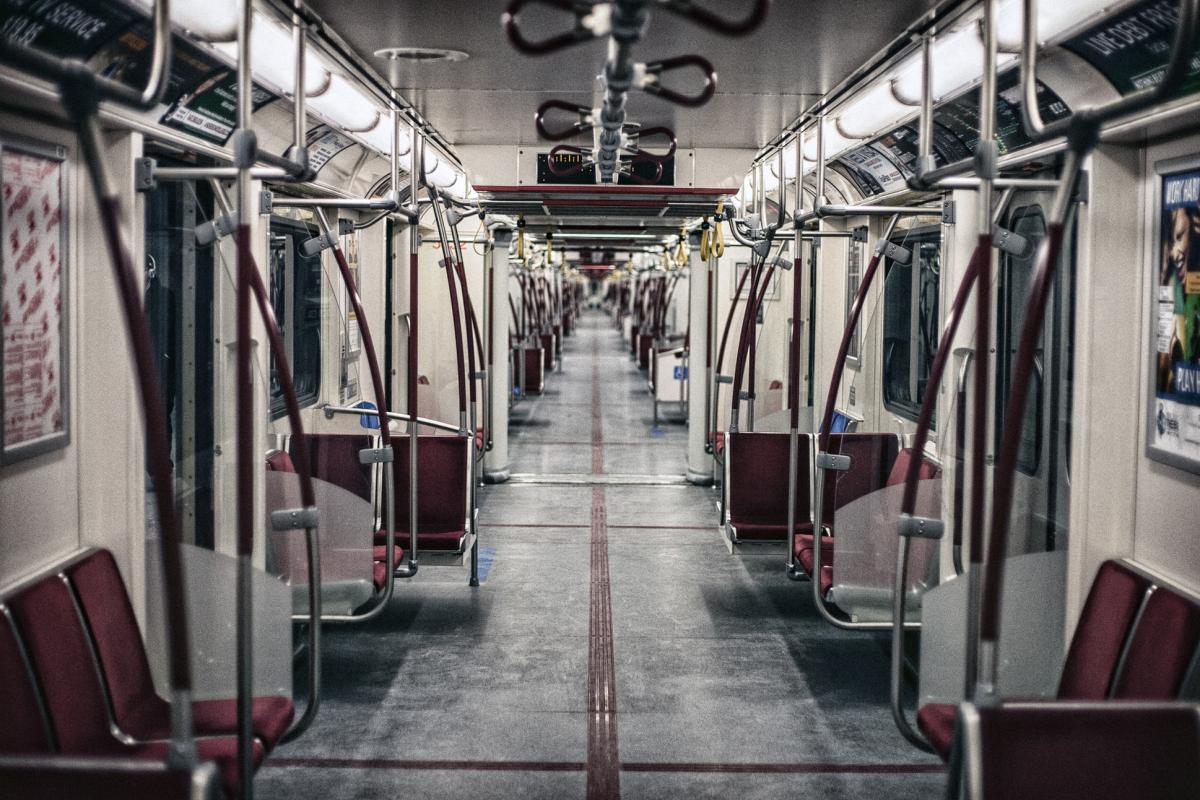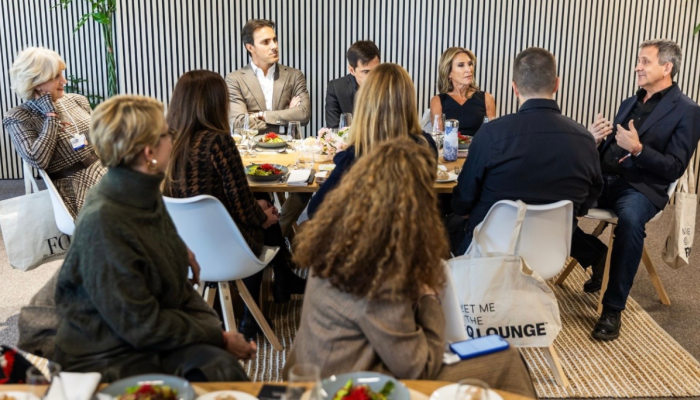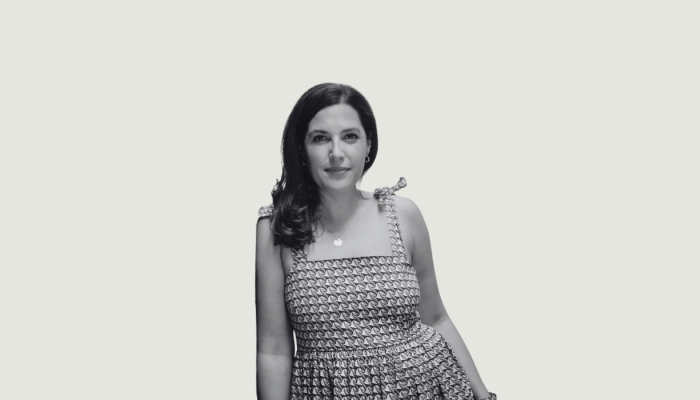Here is a safe prediction. Pundits will write lots of books about the Post-Covid world. As a publishing news hook, it is too good to miss.
The Financial Times just reviewed four such, which seem premature given that the epidemic is far from over. However, predictions of radical change in office work are well founded. A mass behavioural experiment has taken place. We have had over 9 months of enforced behaviour change – quite long enough for our old habits to be broken and new ones wired into our system. We are creatures of habit and so it will be difficult, strange even, just to go back to the way we were. Social norms have also been altered. Before Covid working from home (W.F.H) was tainted with the implication that you were “bunking off”. No longer.
But there are other factors suggesting permanent change
Knowledge workers want change. Some enlightened companies have been surveying their staff to plan new arrangements. McKinsey research (reported June 2020) found that 80% enjoyed working from home, 41% said they were more productive and 28% rated their productivity as about the same as at the office. Very few want to go back to 5 days in the office yet they still want to meet colleagues and collaborate face to face. Solutions will vary between sector and disciplines. In some cases, like accountancy, most of the work can be done remotely. Others, like creative teams, might want to be together more often.
It is not a new behaviour. Tech firms in particular already offered their staff even more flexibility to work from home. W.F.H was a common acronym when I was at Google. This, therefore, is not a new behaviour – new behaviours being notoriously difficult to establish - but an acceleration of an existing one. For firms battling to hire the best talent a flexible working plan was already essential pre-Covid.
It is easy and relatively inexpensive to do. Imagine if the pandemic had happened 30 years ago. The disruption for knowledge workers would have been huge. No laptop, no broadband at home, no Zoom. Yet throughout this pandemic I have been running courses on Zoom. Participants have joined from the USA, Holland, Latvia, Germany as well as the UK. Previously, only for those who can come to London, this course can now be accessed globally at, wait for this, no extra cost. Ease - or to use the jargon “a reduction in friction” - is one of the big enablers and predictors of behaviour change.
Bosses want it. Fears about loss of productivity among knowledge workers have proved (largely) unfounded. (Firms with better, more trusting staff relations knew this already). Finance directors can see benefits too. They can reduce the office space and save a lot of money on rent. My daughter’s market research firm is planning to reduce from three offices to one- near a railway hub to make life easier for staff making a long commute.
Time and who controls it. Yet there is something deeper in play too. Control. Ever since the industrial revolution workers have been regimented by the company clock. You clock in at nine and clock out at five (if you are lucky). Ambitious types feel the need to stay even longer- not leaving before the boss. Being able to control where and when you work will, at minimum, make you less of a slave to the company machine.
It may even make you happier.
Expected (and unexpected) consequences
We will also have to redesign how we use space. Semi-empty post-Covid offices will look depressing. Those savings on reduced office space will have to be reinvested in creating environments that are appealing and promote collaboration. We will learn from tech start-ups, experts of the hip office design that feels like a home from home. People will bring their dogs to work as well. (We did this at Google five years ago. The presence of a perky Pekinese changes the mood of a meeting- and for the better.)
Homes will be adapted to create a separate work space. For the well-heeled, expect a slew of innovations like “the garden office”- essentially a glorified hut with heating and electrics. Poets and novelists often have a writing shed, senior executives will have their version, but with more technology.
Youngsters in their cramped flats will get frustrated and meet in coffee shops or move out of into cheaper, more spacious accommodation in the hinterland of the big cities. Commutes will get longer. Broadband and 4G (or even 5G) in the countryside will enable more to live the dream of working from in the countryside.
The backlash
All trends have counter-trends. So, expect pundits to bemoan the way that work has invaded the private space of home as well as weekends. Many will simply swap old routines for new ones. Slaves to the screen, just at home in their kitchen rather than in serried ranks in an office.
People will develop strategies to create a clear separation between the two such as boxes in which all office papers are put away at a certain point in the day and screens to divide work space from home space.
Some will feel anxious about what is expected of an employee under an emerging dispensation. They will want to know what the new rules are. So, a decision to redesign is an important moment and so is the production of guidelines that provide both clarity and flexibility.
Liberation and creativity
For many, however, this is a chance to introduce more serendipity and variety into our lives. For ‘creatives’ this will prove to be a moment of liberation. We can jump the tramlines of old office routines and work in different places, bringing freshness through a greater variety of experience.
Experts on creativity like Edward de Bono prescribe diverse and surprising stimulus as a way of arriving at new ideas. At Google, where I worked in an innovation team, I grew bored of staring at a screen (which is the big downside of the digital revolution). So, we became peripatetic. Sometimes we would just walk around Soho for an hour, gazing into shops and at fellow strollers.
We picked animals at London Zoo to inspire inventions. We went into Poundland (all items cost just £1), bought something and used it as stimulus for idea generation. A bit self-indulgent? I know from experience that fresh and unexpected brain food provokes different ideas. Besides in this new world you can choose how you want to collaborate with colleagues- and you don’t have to justify it to anyone.
So, my tip for bosses is this. Survey your staff and invite them to co-create new and better ways of working. The time is ripe. It may just be what you have all been waiting for. Covid represents an historic opportunity to redesign how we work which will bring broader benefits for human flourishing, family relationships and creativity.



